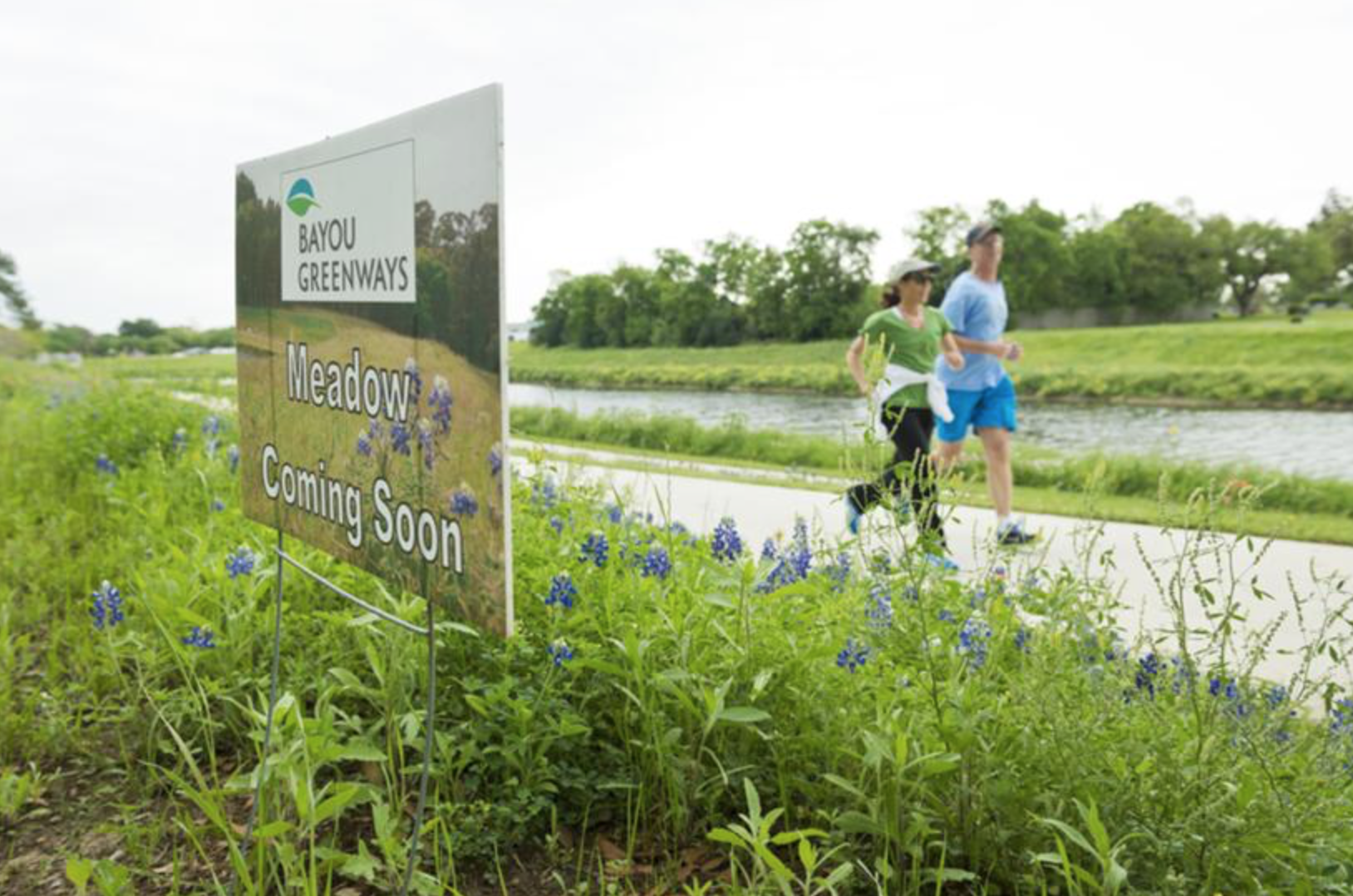Title Page
What Amazon Does to Poor Cities. CityLab.
Introduction
Maternal Risk Factors in Texas by Zip Code. The University of Texas System and UT Health Science Center at Tyler.
In half of the zip codes in the state with at least 100 births in 2015, fewer than 2% of infants’ mothers had no documented prenatal care. In 5% of zip codes, however, more than 10% of births in 2015 were to a mother who had not received any prenatal care before birth.
Within zip codes with at least 100 births to black mothers in 2015 in Harris County, the percentage of babies born to black women with no documented prenatal care during their pregnancy ranged from a low of 0.0% to a high of 10.1%.
Executive Summary
"An 11-year-old special education student who learns in a self-contained classroom, who, during a meltdown threatened to 'Tase' the teachers who restrained him."
"A 12-year-old student with a disability who was arrested and taken to detention for making a gun with his fingers and pretending to shoot make-believe creatures in an empty hallway at school."
"A 17-year-old student arrested and taken to jail for pulling the fire alarm."
These are some of the instances of students recently arrested that are documented by the advocacy and research group Texas Appleseed in a new report highlighting how schools have increased law enforcement engagement after high-profile school shootings.
"Today, the tragic school shootings in Parkland, Florida and Santa Fe, Texas, so close in time to each other, present an opportunity to either move Texas further toward research-based school discipline policies, proven to better ensure school and student safety – or, conversely, to move state and local policy backward, with regressive responses that are understandably rooted in fear, but that do more harm than good," the report argues.
The report suggests that the state has taken the regressive route, citing increases in referrals to juvenile probation departments after the Parkland shooting, particularly among younger students and black students, who were more than twice as likely than their classmates "to be referred to juvenile probation for terroristic threat or exhibition of firearms."
The problem is, the report argues, that schools have failed to distinguish "between students who actually pose a threat and those who have no ability or intention of harming anyone." One student, for example, was arrested after he told a teacher who asked him to take off his backpack, "It's not like it's going to blow up."
Read the report here.
Conclusion
As parks projects fill the agendas of ambitious cities, so too do concerns about displacement, rising rents and other community impacts. Curbed writer Patrick Sisson asks, can these high-profile projects "play nice" with the communities around them?
Maybe. But it's going to take some very deliberate planning. "Increasingly, a consensus has formed around what could be called a “slow park” movement: pre-emptive community engagement, subsidies and investment in affordable housing, and a focus on keeping the communities benefiting from these public investments from being displaced," writes Sisson.
Endnotes
Ki Ki, do you wanna make sure every one you know is registered to vote at their current physical address and makes time to get out in November and stays up on the local government happenings?
— wayne (@fka_nerdferg) July 17, 2018
are you riding?

